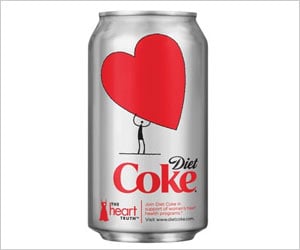A short message that says 'alcohol changes your behavior in a bad way, it makes you do things you might regret', changed the attitude of teens who would otherwise think that drinking is fine.

TOP INSIGHT
The view of teens about of alcohol are in flux and a short post-episode message can essentially wipe out the influence of seeing a whole TV episode which promotes alcohol intake.
“What you see on TV is not real,” the pro-alcohol episode epilogue began. “In reality, alcohol changes your behavior in a bad way, it makes you do things you might regret.”
Participants exposed to the epilogue reported more negative attitudes about drinking than those who saw the pro-alcohol episode without an epilogue.
“This is a hopeful outcome,” Russell says of the findings. “It shows that teens’ views of alcohol are in flux and that a short post-episode message can essentially wipe out the influence of seeing a whole TV episode where alcohol is shown with positive consequences.”
The use of an epilogue after the anti-alcohol episode showed no impact on participant attitudes.
“When stories convey a message that can be good for the audience to see, such as drinking leading to bad outcomes in the anti-alcohol TV episode, it’s best to let it run its course and exert its subtle influence.”
 MEDINDIA
MEDINDIA




 Email
Email










